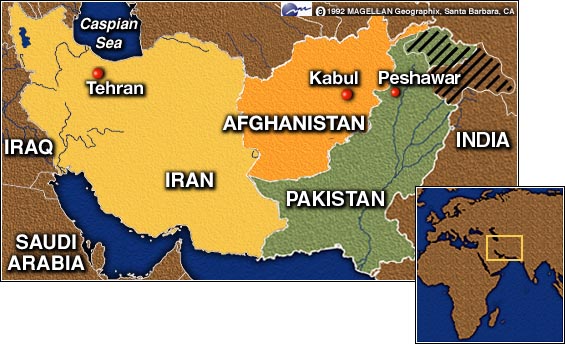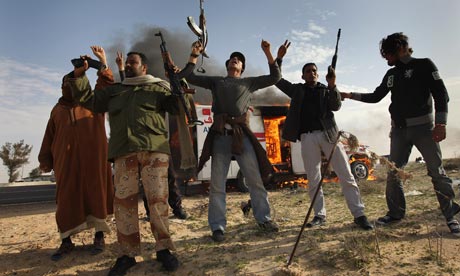John Blanchard stood up from the bench, straightened his Army uniform, and studied the crowd of people making their way through Grand Central Station. He looked for the girl whose heart he knew, but whose face he didn’t, the girl with the rose. His interest in her had begun thirteen months before in a Florida library. Taking a book off the shelf he found himself intrigued, not with the words of the book, but with the notes penciled in the margin. The soft handwriting reflected a thoughtful soul and insightful mind.
In front of the book, he discovered the previous owner’s name, Miss Hollis Maynell. With time and effort he located her address. She lived in New York City. He wrote her a letter introducing himself and inviting her to correspond. The next day he was shipped overseas for service in World War II
During the next year and one-month the two grew to know each other through the mail. Each letter was a seed falling on a fertile heart. A Romance was budding. Blanchard requested a photograph, but she refused. She felt that if he really cared, it wouldn’t matter what she looked like.
When the day finally came for him to return from Europe, they scheduled their first meeting – 7:00 pm at Grand Central Station in New York.
“You’ll recognize me, ” she wrote, “by the red rose I’ll be wearing on my lapel.” So at 7:00 he was in the station looking for a girl whose heart he loved, but whose face he’d never seen.
I’ll let Mr. Blanchard tell you what happened: A young women was coming toward me, her figure long and slim. Her blonde hair lay back in curls from her delicate ears; her eyes were blue as flowers. Her lips and chin had a gentle firmness, and in her pale green suit she was like springtime come alive. I started toward her, entirely forgetting to notice that she was not wearing a rose. As I moved, a small, provocative smile curved her lips. “Going my way, sailor?” she murmured. Almost uncontrollably I made one step closer to her, and then I saw Hollis Maynell. She was standing almost directly behind the girl. A women well past 40, she had graying hair tucked under a worn hat. She was more than plump, her thick-ankled feet thrust into low-heeled shoes. The girl in the green suit was walking quickly away. I felt as though I split in two, so keen was my desire to follow her, and yet so deep was my longing for the women whose spirit had truly companioned me and upheld my own.
And there she stood. Her pale, plump face was gentle and sensible, her gray eyes had a warm and kindly twinkle. I did not hesitate. My fingers gripped the small worn blue leather copy of the book that was something precious, something perhaps even better than love, a friendship for which I had been and must ever be grateful.
I squared my shoulders and saluted and held out the book to the women, even though while I spoke I felt choked by the bitterness of my disappointment. “I’m Lieutenant John Blanchard, and you must be Miss Maynell. I am so glad you could meet me; may I take you to dinner?”
The women’s face broadened into a tolerant smile. “I don’t know what this is about, son,” she answered, “but the young lady in the green suit who just went by, she begged me to wear this rose on my coat. And she said if you were to ask me out to dinner, I should go and tell you that she is waiting for you in the big restaurant across the street. She said it was some kind of test!”
It’s not difficult to understand and admire Miss Maynell’s wisdom. The true nature of a heart is seen in it’s response to the unattractive. “Tell me whom you love,” Houssaye wrote, “And I will tell you who you are.”
In front of the book, he discovered the previous owner’s name, Miss Hollis Maynell. With time and effort he located her address. She lived in New York City. He wrote her a letter introducing himself and inviting her to correspond. The next day he was shipped overseas for service in World War II
During the next year and one-month the two grew to know each other through the mail. Each letter was a seed falling on a fertile heart. A Romance was budding. Blanchard requested a photograph, but she refused. She felt that if he really cared, it wouldn’t matter what she looked like.
When the day finally came for him to return from Europe, they scheduled their first meeting – 7:00 pm at Grand Central Station in New York.
“You’ll recognize me, ” she wrote, “by the red rose I’ll be wearing on my lapel.” So at 7:00 he was in the station looking for a girl whose heart he loved, but whose face he’d never seen.
I’ll let Mr. Blanchard tell you what happened: A young women was coming toward me, her figure long and slim. Her blonde hair lay back in curls from her delicate ears; her eyes were blue as flowers. Her lips and chin had a gentle firmness, and in her pale green suit she was like springtime come alive. I started toward her, entirely forgetting to notice that she was not wearing a rose. As I moved, a small, provocative smile curved her lips. “Going my way, sailor?” she murmured. Almost uncontrollably I made one step closer to her, and then I saw Hollis Maynell. She was standing almost directly behind the girl. A women well past 40, she had graying hair tucked under a worn hat. She was more than plump, her thick-ankled feet thrust into low-heeled shoes. The girl in the green suit was walking quickly away. I felt as though I split in two, so keen was my desire to follow her, and yet so deep was my longing for the women whose spirit had truly companioned me and upheld my own.
And there she stood. Her pale, plump face was gentle and sensible, her gray eyes had a warm and kindly twinkle. I did not hesitate. My fingers gripped the small worn blue leather copy of the book that was something precious, something perhaps even better than love, a friendship for which I had been and must ever be grateful.
I squared my shoulders and saluted and held out the book to the women, even though while I spoke I felt choked by the bitterness of my disappointment. “I’m Lieutenant John Blanchard, and you must be Miss Maynell. I am so glad you could meet me; may I take you to dinner?”
The women’s face broadened into a tolerant smile. “I don’t know what this is about, son,” she answered, “but the young lady in the green suit who just went by, she begged me to wear this rose on my coat. And she said if you were to ask me out to dinner, I should go and tell you that she is waiting for you in the big restaurant across the street. She said it was some kind of test!”
It’s not difficult to understand and admire Miss Maynell’s wisdom. The true nature of a heart is seen in it’s response to the unattractive. “Tell me whom you love,” Houssaye wrote, “And I will tell you who you are.”






